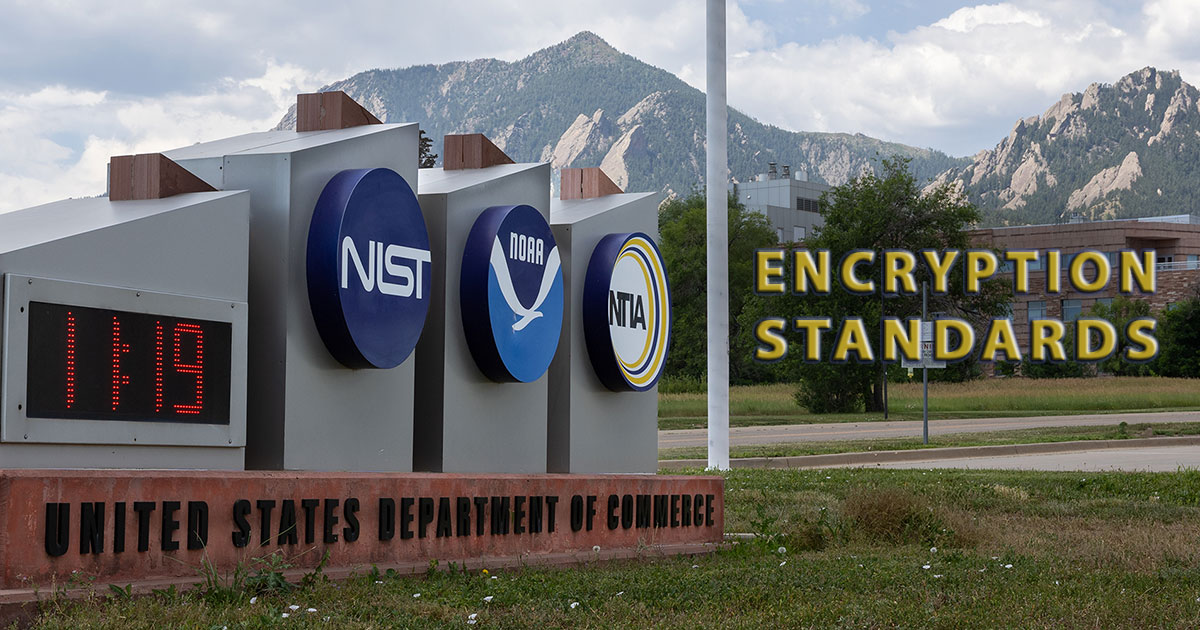Breaking Down the EFF Amicus Brief on NSA Mass Surveillance
Starting with Edward Snowden, we’ve learned a great deal about the U.S. Government’s mass surveillance programs and how they capture and store the emails, video calls, texts, online chats, and telephone calls of U.S. citizens without warrants.
Billions of communications are reportedly intercepted and stored annually, including the communications of between tens and hundreds of thousands of U.S. citizens.
Section 702 of the Foreign Intelligence Surveillance Act (FISA) grants the NSA power to intercept and store communications between foreigners outside the U.S. and anyone inside the U.S., without a warrant. Once the data is collected and for years afterward, law enforcement agencies can search and use it.
The Electronic Frontier Foundation (EFF), Center for Democracy and Technology (CDT), and New America’s Open Technology, the ”amici,” recently filed an amicus brief asking the Supreme Court to review a Ninth Circuit ruling where the data collected under Section 702 was used in a criminal trial of a U.S. citizen and deemed admissible.
The amici are challenging the Constitutionality of Section 702 in its entirety, along with ancillary issues such as how the data can be used for purposes other than foreign intelligence and whether the judiciary’s role in Section 702 is sufficient.
This case is not ideal as a test of civil liberties laws because it involves an alleged terrorist bombing plot by the defendant. Terrorism cases are frequently held up as the reason for eroding civil liberties. But the case has implications far beyond terrorism. Just this week we learned that the Justice Department wants a list of people who visited an anti-Trump website. Broad powers to gather the emails, and phone calls of Americans without a warrant can be abused if clear boundaries aren’t established.
Below we break down the amicus brief and the primary issues that the amici are raising.
1. Judicial Pre-approval of Surveillance
Section 702 is subject to judicial approval via the Foreign Intelligence Surveillance Court (FISC). However, the FISC court only approves the NSA’s rules and procedures for conducting the surveillance. They do not approve or deny specific targets or interception channels.
Rather than evaluating specific facts related to specific surveillance targets, the FISC instead reviews procedures the Government intends to use when making targeting and retention decisions for future surveillance… more akin to “rendering an advisory opinion upon a statute or a declaratory judgment upon a hypothetical case.”
The Ninth Circuit upheld the warrantless search of the defendant’s emails in part on the basis that the interception of those emails was subject to judicial approval “similar to the review of search warrants and wiretap applications.”
The amici disagree with this argument and cite a 1961 court decision that interprets Article III of the Constitution as forbidding “advance expressions of legal judgment.” Since FISC’s role only approves generalized and hypothetical courses of action, it does not substitute for warrant-like judicial reviews.
Section 702 fails to interpose “the deliberate, impartial judgment of a judicial officer… between the citizen and the police.”
“The right of privacy is too precious to entrust to the discretion of those whose job is the detection of crime and the arrest of criminals.”
2. Specificity of Warrants
Wiretap applications and warrants typically require probable cause, along with detailed plans on what will be tapped and what is being sought. In the case of Section 702, the Government does not need probable cause and does not need to show that the target “is a foreign power or an agent of a foreign power.” In fact, targets can include “journalists, academics, human rights researchers, or employees of foreign-owned corporations.” The Government has full discretion to choose any foreign target.
Unlike Title III and FISA, however, Section 702 does not require the Government to identify to any court the individuals to be monitored; the facilities, telephone lines, email addresses, or places at which its surveillance will be directed; or “the particular conversations to be seized.”
3. “Incidental Overhear”
With Section 702, the direct target of the surveillance is a foreigner, but the indirect targets are anyone, including American citizens, who communicate with the target.
Although nominally targeted at those overseas, each time a U.S. person communicates with any one of the Government’s self-selected targets…the Government collects and stores that communication.
The Ninth Circuit ruled that any data collected in this way on American citizens can be used as if it were collected with a warrant. “The court reasoned that because the Government’s surveillance ‘target’ was not entitled to the protection of a warrant, [the U.S. citizen communicating with the target] forfeited that protection as well.”
This is a stunning line of reasoning.
The rationale for this exception to the Fourth Amendment’s warrant requirement is based on the “incidental overhear” rule, which essentially rules as admissible any communications captured during the execution of a warrant, but which communications weren’t specifically sought by the warrant.
The amici argue that this rule only makes sense when there’s a warrant in the first place, but that the Section 702 surveillance is warrantless, so, therefore, the “incidental overhear” rule is inapplicable.
4. “Backdoor Search”
Although Section 702 is intended to collect international intelligence, the captured conversations are stored for years and are made available to law enforcement agencies such as the FBI.
“Whenever the FBI opens a new national security investigation or assessment, FBI personnel will query previously acquired information from a variety of sources, including Section 702 for information relevant to the investigation or assessment.”
In other words, the Government regularly searches its stockpile of intercepted communications for the email addresses or other contact info of American citizens and residents. This so-called “backdoor search” is one of the most controversial aspects of Section 702 since it completely bypasses the 4th Amendment and allows the FBI to read private correspondence, listen to phone calls, and more on U.S. citizens without court approval.
These queries are an end-run around the Fourth Amendment, converting sweeping warrantless surveillance directed at foreigners into a tool for investigating Americans in ordinary criminal investigations.
5. 3rd-Party Doctrine
The 3rd-party doctrine, which we discussed in an earlier blog on how the 4th Amendment is bypassed, allows the Government to ask 3rd parties for data without going through the process of getting a warrant. Phone companies and Internet Service Providers that collect data on who you call or what websites you visit will sometimes sell that data to the Government without even requiring a subpoena. See, for example, AT&T’s Hemisphere Project.
The 3rd-party doctrine is limited to data that is deliberately shared with a third party. Arguably, metadata is shared in this way, while the contents of emails, as in this case, are not.
When information is deliberately shared with a third party or the public, an individual’s expectation of privacy in that information is typically extinguished.
In this case, though, the 3rd-party doctrine was cited by the Ninth Circuit in an unusual way:
The “third party” that the court pointed to was not a third party at all, but simply the intended recipient of [the defendant’s] private communications.
Virtually all private communications have at least two parties. When a person sends a private email, the mere act of clicking “send” does not eliminate or reduce any privacy interest. This reasoning would restrict Fourth Amendment protections for essentially all private communications.
In other words, the 3rd-party doctrine was used to say that communicating with anyone extinguishes the expectation of privacy, which, if the amici’s interpretation of this ruling is correct, would be an astounding erosion of the right to privacy.
6. 4th Amendment
Finally, the amici argue that Section 702 is unconstitutional and in violation of the Fourth Amendment by its very nature.
Any interception of U.S. Citizen communications, they argue, requires a warrant that includes probable cause, judicial approval, specific boundaries to how and where the wiretap or warrant will be executed, etc. These boundaries and restrictions are in place to prevent government abuse and overreach.
Even if the Government claims to be targeting someone else who lacks Fourth Amendment rights, it is not entitled to ignore the rights of a U.S. person who is entitled to that protection.
The amici acknowledge that there may be a “foreign intelligence exception” to warrant requirements, but the Supreme Court has never issued an opinion on that. Lower court rulings that allowed the exception only did so in cases where foreign powers or their agents were involved, and there was “individualized finding of suspicion.”
Conclusion
The facts of this case and the NSA’s spying program are hardly new, but the case put forward by the amici is interesting to see. If the Supreme Court picks it up, we may get clarity on the six issues above, ranging from whether the Government can intercept U.S. citizen communications without a warrant at all, to whether that intercepted data can be used in criminal cases, to whether blanket pre-approval of surveillance is something the Judiciary can Constitutionally do. I hope they pick up the case; it will be an interesting one to watch.
Photo credits: Colin Calvert and alexmx




